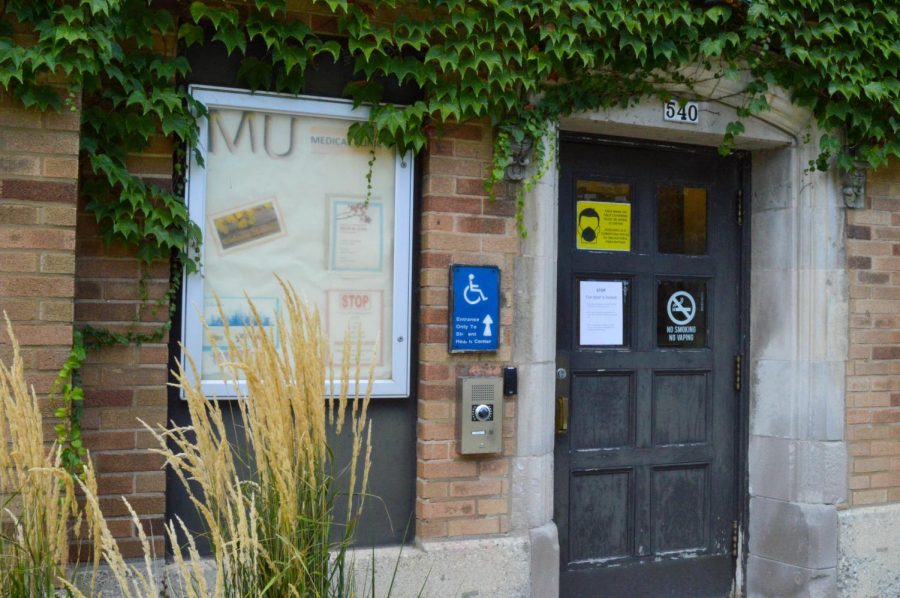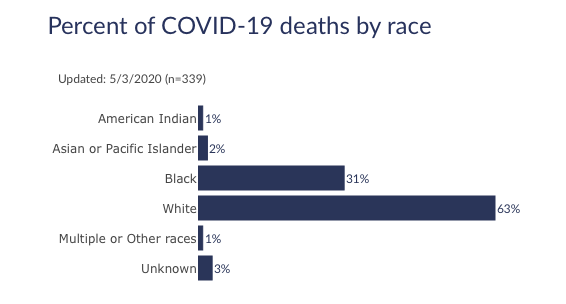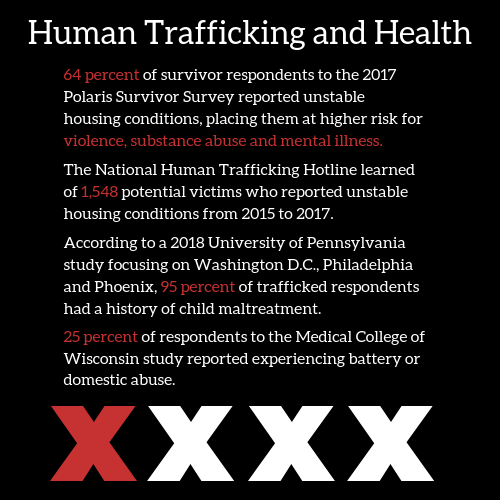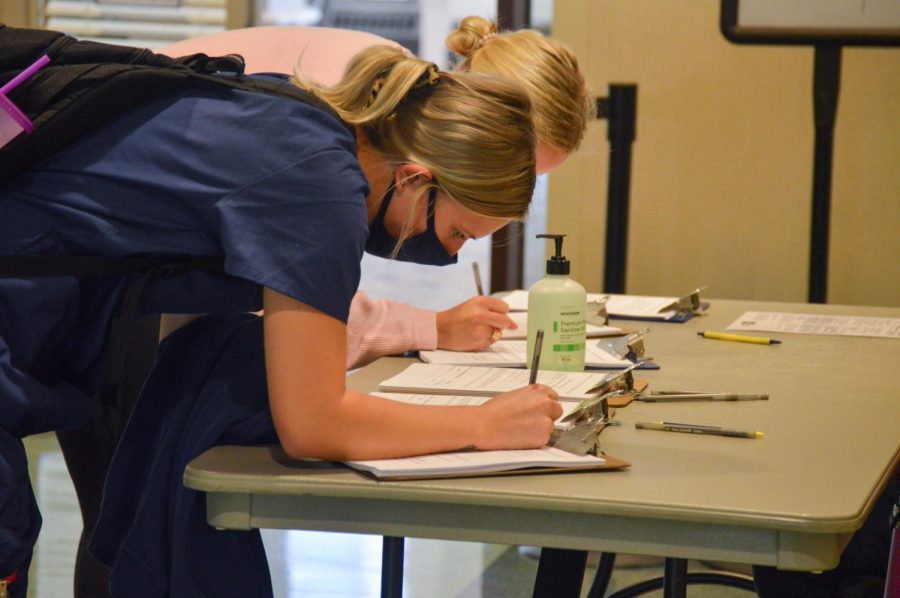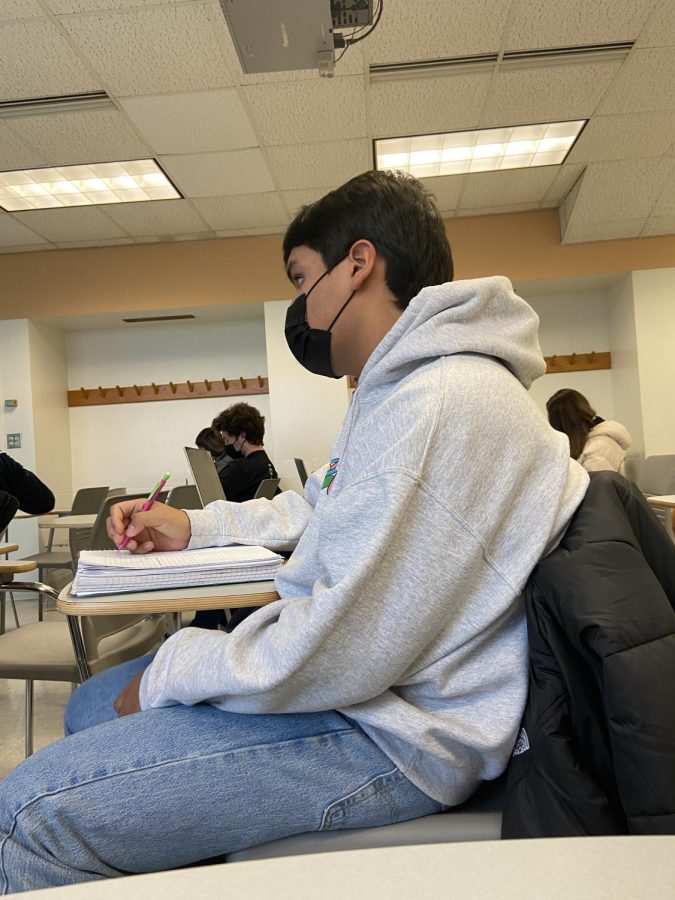Marquette University needs to improve its accessibility to medical services and information for students on and off campus.
The Marquette University Medical Clinic provides gender-specific health services for students identifying as women and men, with sexually transmitted infection testing, pregnancy testing and routine gynecology visits for those who identify as women and STI testing and testicular exams for those who identify as men.
While these are necessary services for Marquette students, it is not enough.
First, the Medical Clinic doesn’t provide services for students not subscribing to a cisgender conformity. This lack of inclusion may isolate these students, making them feel uncomfortable or unsafe if they try to seek support or advice regarding their sexual health.
Additionally, the Medical Clinic does not provide contraception.
Not providing contraception may be harmful to students and doesn’t necessarily prevent people from having sex. Researchers in the Journal of Adolescent Health found in 2017 that programs advocating for abstinence often fail at preventing young people from having sex. One of the contributors, Laura Lindberg, a research scientist at the Guttmacher Institute in New York City, also said that abstinence-only health programs fail to equip young people with the necessary information and skills they need to make safe sex decisions.
“The Marquette University Medical Clinic providers are sensitive to the issues of students surrounding sexual and reproductive health,” the Medical Clinic said in an email. “Bound by medical ethics, within the context of college health and Catholic tradition regarding human sexuality and birth control, students receive sound medical advice regarding sexual and reproductive health in order to make their own informed decisions regarding healthy relationships.”
Campus Ministry is also listed as providing services for pregnant students on and off campus. On-campus resources include child care, babysitting coordination, housing and nursing spaces. Off-campus resources include the Catholic Charities of Milwaukee, Women’s Care Center of Milwaukee and the Women’s Support Center of Milwaukee that provide pregnancy health and adoption services. While these are great resources for students who have children or wish to follow through their pregnancies, there are no listed resources for students wishing to not have children and wish to have abortions.
The off-campus resources webpage specifically says that the Women’s Care Center of Milwaukee and the Women’s Support Center of Milwaukee do “not provide referrals for abortions.” While abortion referrals may not be offered by Campus Ministry or the Medical Clinic because of Marquette’s traditional Catholic values, not offering these services may be harmful, especially for people who become pregnant from sexual assault.
Despite there being a Planned Parenthood near campus on Wisconsin Avenue that provides more services for individuals, such as abortion services and referrals, birth control, emergency contraception, HIV services, LGBT services, patient education, STD testing, treatment and vaccines, pregnancy testing and both women’s and men’s health services, neither the Medical Clinic nor Campus Ministry provide adequate information about how to access off campus sexual health services. In order to be more in touch with the needs of students, Marquette should put funds toward enhancing its sexual health medical services.
With the recent ruling in Texas that bans abortions for patients nearly six weeks from their last period — going against the U.S. Supreme Court precedent that prohibits states from banning abortions before 22 to 24 weeks — the university needs to improve how it deals with student’s health and body rights, especially women and students experiencing gender dysphoria.
Students should not feel isolated because of choices they decide to make regarding their own bodies and their sexual health. Marquette should be supporting students, not alienating them by not providing adequate sexual health resources and information.
Unfortunately people part of the LGBTQ community and people who identify as women have reported they still feel discriminated against in health care. Not only can this make them feel isolated, but this can also lead them to stop seeking medical advice, which can put their health in danger.
According to the Office of Institutional Analysis and Research, a majority of the student population identifies as female, which makes it that much more important that the university takes action to adequately address their sexual health needs and questions.
Marquette should follow other universities in improving its medical services. Just across Milwaukee, UW-Milwaukee’s medical clinic offers students contraception services in addition to gynecology and health services for students identifying as women. It is not listed on their website whether the UW-Milwaukee medical clinic offers abortion referrals for students.
Students at Marquette have also recognized the need for more accessibility to medical services on and near campus, forming a student organization called the Medical Accessibility Student Organization. According to the organization’s webpage, “the purpose of … MASO is to create and spread awareness of affordable and accessible aid. Undergraduate students will dedicate time and effort to discovering, advocating, and providing opportunities of health care and aid that involve physical health, dental health, mental health, substance aid, and others. It is Medical Accessibility Student Organization’s mission to aid the community in becoming knowledgeable to medical aid available to the community.”
Ensuring Marquette students have access to safe sexual health information and services should be a priority for Marquette. The university, like students in MASO have, must recognize that Marquette students have varying needs regarding sexual health and medical services, and failing to provide them can isolate and harm students.
Marquette must uphold its values of cura personalis and care for students’ whole persons.
Editorial topics by the Marquette Wire are decided at weekly meetings between members of the executive board. The editorial is crafted with leadership by the executive opinions editor. The executive board consists of the executive director of the Wire, managing editor of the Marquette Tribune, managing editor of the Marquette Journal, general manager of MUTV, general manager of MUR and ten additional top editors across the organization.

